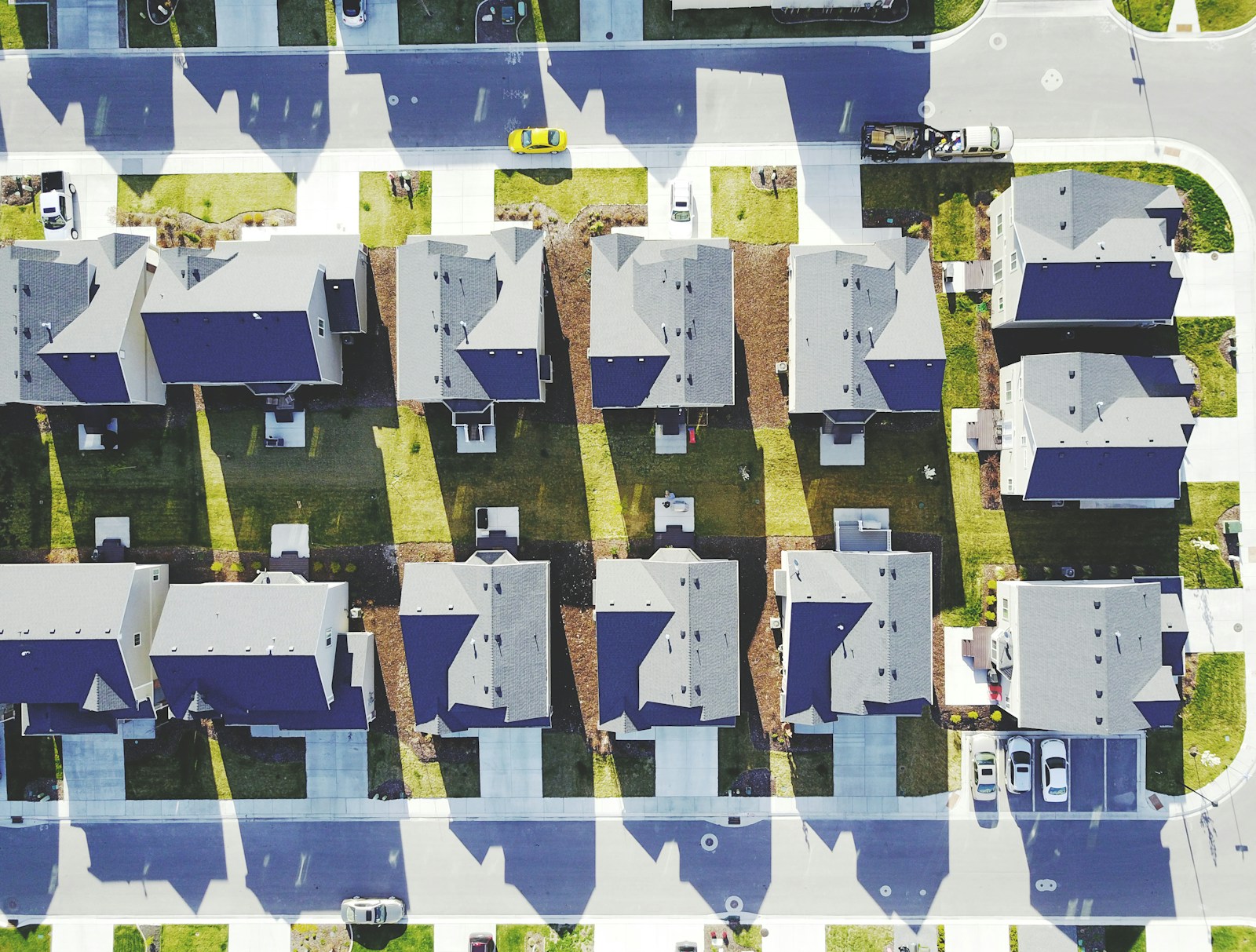A leasehold is a property that the owner owns the condo/townhome/detached house but not the land it is built on. The land is leased to the homeowner by a separate owner – the landowner. Essentially, a leasehold property is a plot of land that has been “rented” out to a developer who then builds on the land and then rents the property for a sum of money (or a portion in the case of a townhome or apartment). The leases on most plots are for extended periods of time – usually 100 years or more. These leases are generally prepaid-up front and belong to a University, City, corporation or are First Nations Reserve Land. In Vancouver, the land on the south-east of Vancouver along the Fraser river and south False Creek belong to the City. While in the West End, the land is owned by various corporations.
What is a Leasehold Property?

How Does a Mortgage on a Leasehold Property Work?
There is no easy answer to this question, however, generally speaking, most leaseholds are more challenging to purchase. Many lenders choose not to approve a mortgage for a term, or amortization that exceeds the length of the lease. Whenever a property is not a freehold strata, there may be limitations with finding a lender who will approve. Options will be even further reduced if you pursue a home on a First Nations Reserve Leasehold or through Private Leaseholds. When researching a mortgage on a leasehold property, your lender will want to look at everything required with a fine-toothed comb: credit score, down payment, household income, and the property. If you do select a leasehold, you will be quite limited in your choice of lenders and mortgage rates. As always, make sure you read the fine print and know exactly what you are getting into.
What is the Length of Time You Can Own a Leasehold?
Once your purchase a leasehold, you are essentially buying the right to possess that home until the end of the land lease, or until you sell it – whichever comes first. However, if the lease expires while you still own the home, you will need to renegotiate the terms for the land lease. This is often a considerable expense, so it is important to weigh the pro’s and con’s carefully. With a leasehold, it is especially important to understand these details before you purchase. All leaseholds come with a lease agreement detailing the terms of the lease and what will happen once the lease is up.
Understanding the Pre-Paid Leases:
In addition to taxes and strata fees, you may be required to pay a monthly lease payment on the property. This will also be outlined in your detailed lease agreement. A pre-paid lease essentially means that a developer has paid the lease payments up front so you will not pay the extra cost. Remember though, the owner has more likely combined these fees into the total property value. Non pre-paid leases are often located on First Nations Reserve Land, so you will be paying an additional expense every month.
